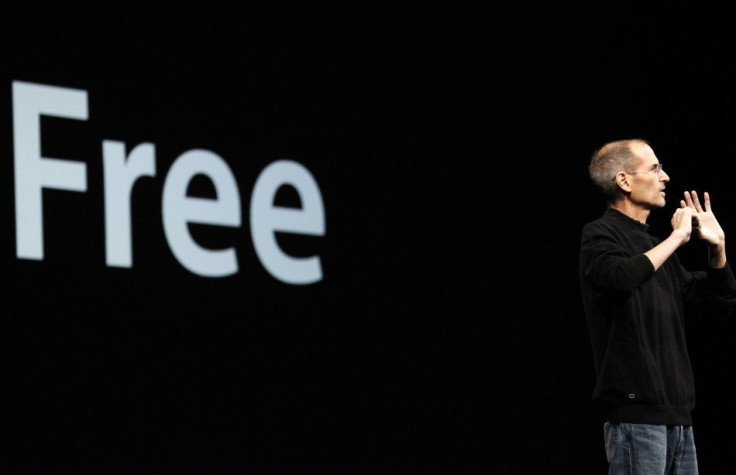Apple iCloud Beta Web Site Now Live: First Look [VIDEO]

Apple's iCloud Beta Web site has gone live, but for developers only.
For the time being, only iOS and Mac Developer Program members can set up iCloud on iOS, OS X Lion and Windows. But, although iCloud is currently only in a beta version, Apple has posted on its Web site that it will be released this fall to everyone.
iCloud works through iCloud Storage APIs (Application Programming Interface), which enable apps to store documents and key value data in iCloud. It will automatically and wirelessly push documents to a users' device and update the information, whether it's a document, contact list, calendar, emails, media, or all of the above.
Rafael Fischmann, of MacMagazine blog, successfully logged into iCloud, and shared screen shots of the new apps. To see them click here. The apps seem to look just like those of an iPad, and reportedly behave in a similar way.
Only the first 5GB of iCloud storage are free. For those who need a lot of storage, Apple is offering 10GB, 20GB and 50GB options at a cost of $20, $40 and $100 per year, respectively.
Apple said on its Web site that the iCloud stores user's content so it's always accessible from an iPad, iPhone, iPod touch, Mac, or PC. It said that purchased music, apps, and books, as well as Photo Stream, won't count against users' free storage.
In comparison to its competitors, Windows Live SkyDrive offers 25GB of cloud space for free. Amazon Cloud Drive, like iCloud offers 5GB (enough space for 1,000 songs) for free and then bumps up to 20GB for $20 (Apple offers 10GB for $20).
iCloud Features
iTunes in the Cloud: download new music and it will appear on all of your devices.
Photo Stream: take a photo with one device and it will automatically be shared on all your devices. This eliminates the need to sync, send, upload, or transfer files.
Documents: Assuming you have the same app on more than one of your devices, then iCloud can automatically keep all your documents up to date, on each device.
Apps: Just like most other Apple products, there are a slew of apps to choose from. iCloud allows all your apps to be seen in one place and can automatically "push" them to all your devices. For example, if you purchase an app on your iPad, you can have it pushed to your iPhone.
Contacts, Calendar, and Mail: iCloud will store all of your information for you and push it to other devices so you won't have to. When you register for iCloud you'll receive a me.com email account which will share all your new messages on all your devices, so your mail will always be shown together, yet can be viewed on various devices.
© Copyright IBTimes 2025. All rights reserved.





















